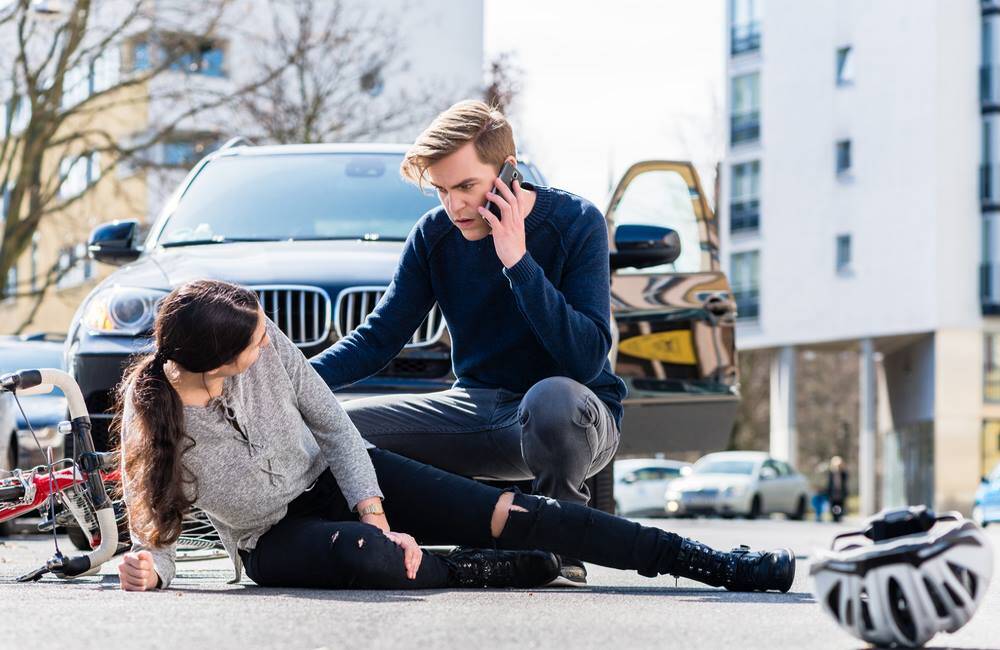
Vacations are meant to be a time of relaxation and making lasting memories. However, unforeseen accidents or injuries can cast a shadow over even the sunniest of getaways. Knowing what to do if you get hurt on vacation is crucial to ensuring your well-being and minimizing the impact on your travel experience.
People rarely think about or plan for the possibility of getting hurt. Nor do they plan for what to do if they actually do get injured. The following looks first at planning tips to take before your vacation, and then at steps to take if you do get hurt while travelling.
What To Do If You Get Hurt on Vacation: Planning Ahead
Planning for safety in the event of getting injured is a vital part of getting prepared for any trip. One of the key factors is having reliable contacts if you get into a situation where you require medical aid.
One sure way to have that is to work with a company such as Flying Angels that provides medical transport for those who need aid and support. That’s a decision that can alleviate a lot of the worry associated with planning for a medical emergency while on vacation.
Here are some essential tips for a smoother experience should you face medical challenges while on vacation.
Buy Insurance
Shop around for travel insurance. Decent rates are available. While the last thing you want to think about before a big trip is something going wrong, getting insurance will provide you with peace of mind in case the worst happens.
Travel Insurance vs. Trip Insurance
It’s important to keep in mind the difference between medical travel insurance and trip insurance. Travel insurance is essentially an extra health insurance policy to cover you if you experience health-related issues while traveling. Trip insurance covers you for travel-related financial losses, such as cancellations, delays, missed flight connections, and lost baggage.
Bring Important Numbers
Make sure to not only have the right numbers to call in case of an accident at your travel destination but also numbers for your doctor and medical care team back at home. In some cases, you’ll want to consult with your own doctor before getting medical treatment far from home.
Practice Smart Packing
Take any medication you think you might need on the road. This can include antibiotics, pain medication, antihistamine and even antidiarrheal medicine (trouble digesting the local cuisine is one of the chief causes of medical issues, especially on trips out of the country). Also, make sure all your vaccinations are up to date before you hit the road.
Equipment
If your trip involves hiking, biking or otherwise spending time in nature, consider upgrading to travel outfitters that will offer you the best equipment available as well as extra insurance. They may also offer numbers to call and support for getting out of tough places and to a hospital.
Use Common Sense
If something is bothering you or you don’t feel right, take it seriously. One of the worst mistakes travelers make is ignoring signs of illness or the pain of an injury. That’s understandable. No one wants to have a vacation “ruined.” However, it’s far worse to pretend something isn’t happening, which will only make it worse later.
In Case of Injury
The moment you sustain an injury, whether it’s a twisted ankle on a hiking trail or a minor accident at the beach, prioritize seeking immediate medical attention. Your health should always be the top priority. If the injury is severe, don’t hesitate to call emergency services or visit the nearest hospital. Many travel destinations have medical facilities that cater to tourists, so don’t be afraid to ask for assistance.
Contact Your Travel Insurance Provider
If you find yourself injured, reach out to your medical travel insurance provider as soon as possible. Be prepared to provide all necessary documentation, including medical reports and receipts, to expedite the claims process.
Document the Incident and Gather Information
Whether it’s a slip and fall or a more serious accident, document the incident as thoroughly as possible. Take photos of the scene, your injuries, and any contributing factors. If there are witnesses, obtain their contact information. This documentation can be crucial when dealing with insurance claims or legal matters that may arise later.
Notify Relevant Authorities
If the injury occurred in a public place or due to the negligence of a third party, it’s essential to notify the relevant authorities. This step is especially important if you plan to file a legal claim for damages. In many tourist destinations, there are local agencies or tourist police specifically designated to handle such incidents.
Follow Up on Medical Treatment
After seeking initial medical attention, it’s crucial to follow up on your treatment plan. This may involve additional visits to local healthcare facilities or consulting with healthcare providers upon your return home. Staying proactive about your recovery ensures that any potential long-term effects are identified and addressed promptly.
Stay in Communication with Your Travel Companions
If you’re traveling with others, communication is key. Keep your travel companions informed about your condition and any necessary adjustments to your itinerary. If you are able to continue on your trip, collaborate on decisions related to the pace of activities and potential changes to plans to accommodate your recovery.
Getting Home
Medical transport companies can also be of significant help for injuries where you cannot continue your trip and want to return home. Flying Angels has years of experience offering medical transport to people traveling with injuries or illness. Through a flight coordinator, you will have complete support in getting medical aid, even when flying outside the country.
Keep these issues in mind when getting ready to take a trip, whether it’s domestic or international. A good plan will provide peace of mind. It also will make things go a lot smoother if you are hurt when on vacation.
